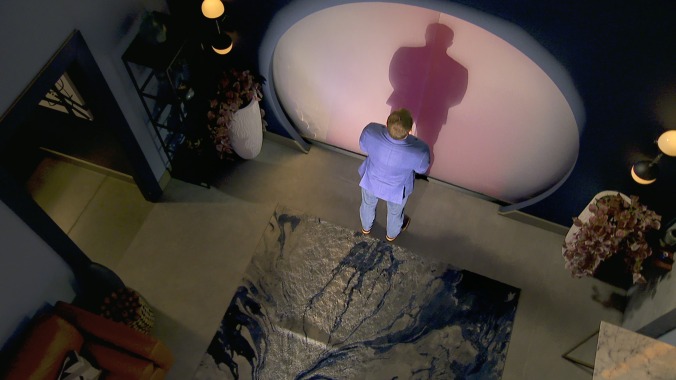Love Is Blind creator insists his "experiment" isn't as torturous as cast claims
Chris Coelen stands by his reality television “experiment”

Chris Coelen, the talent-agent-turned-reality-TV kingpin, is standing by his social experiment cum reality show Love Is Blind against a wave of allegations. In April, several Love Is Blind contestants accused the show of psychological torture. Cast members say the show exploited their vulnerabilities, traumas, and good faith by feeding them alcohol, withholding food, denying sleep, and forcing them to sign contracts that locked them into a $50,000 exit clause. Coelen, who insists his Netflix reality television series is an experiment into how people love and connect while trapped in pods, tells a different story. In an interview with Variety, Coelen responds to each of the allegations against the show, stating that the show takes care of the cast before and after production ends.
With regards to Danielle Ruhl, who claims she disclosed past suicidal ideations prior to filming, Coelen says that was not the case. He says she “didn’t inform the production team that she was having any thoughts of self-harm” and “if she had, we wouldn’t have continued to film with her.” Coelen also says she never asked to leave. She was “free to leave” at any time, “as many participants have.” He also encourages “people at the end of their time in the experiment” to “seek aftercare,” which is the mark of the integrity of any reality television series—er, um, excuse us, experiment.
Ruhl stands by her allegations, though. “It wasn’t something I specifically noted in the application itself,” she told Variety. “I had conversations with producers. I had conversations with therapists, but to their point, it was nothing that had been written down, so whether or not something had been communicated to them, I don’t know […] I will admit that, at the time of filming, I did say that I was in a really good mental space.”
With regards to the $50,000 clause, which requires participants wishing to leave to pay a penalty to do so, he says that it was in the contract but wasn’t enforced. We suppose this is an experiment in trust; participants must assume a reality TV production company is acting in good faith and won’t sue the shit out of a psychologically vulnerable participant who wants to leave their pod and screw up the show. The penalty was recently removed from contracts—because participants undergoing experimentation believed it was a real penalty, we’re assuming.








































